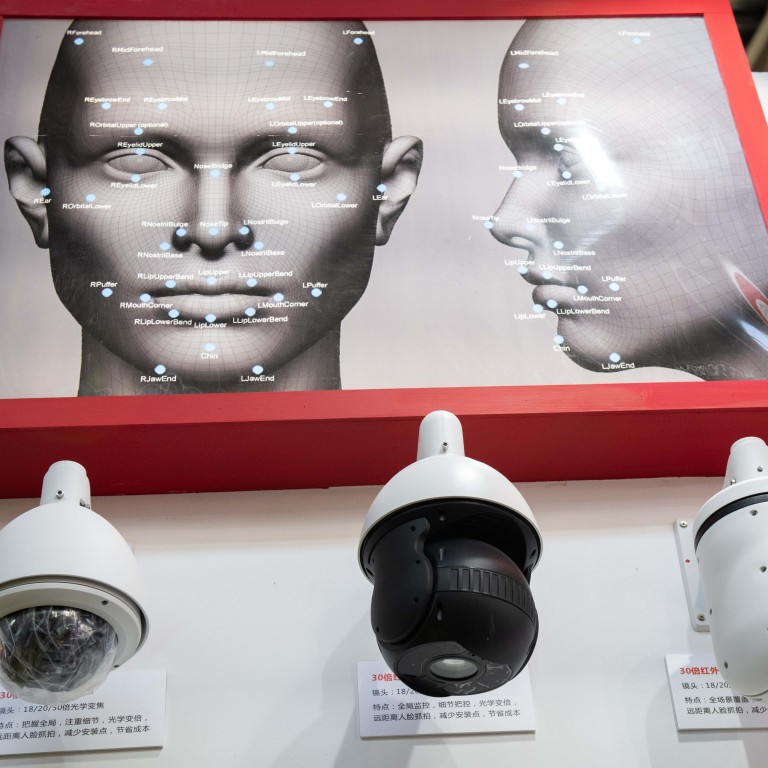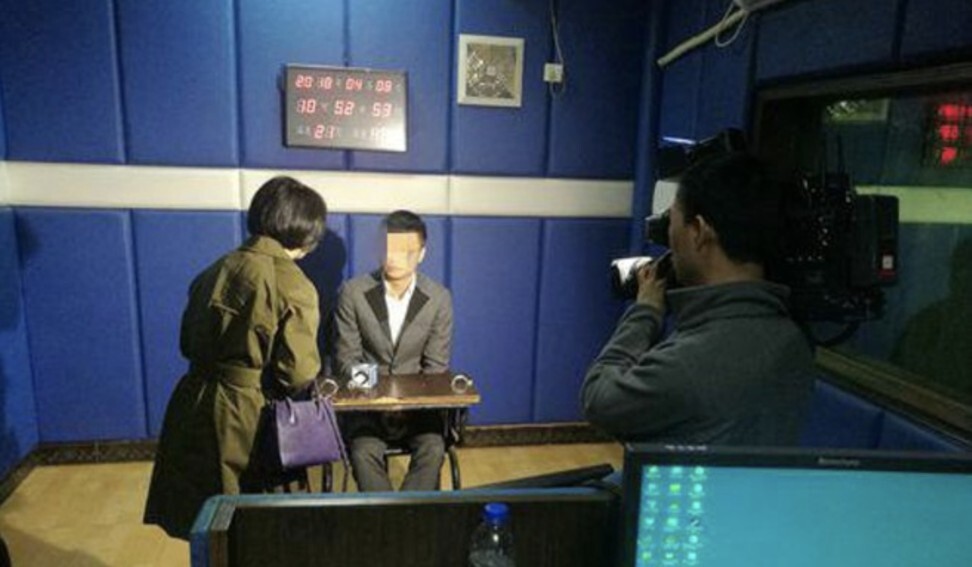
Privacy in China: the growth of facial recognition technology in the private sector raises concerns about security and identity
- Authorities in China use surveillance cameras with facial recognition to record and identify people in crowds and on streets. Private firms use it too
- Property agents are among the businesses using the technology to identify clients, and with no real privacy protection, many people worry about identity theft
Yuan Yu, an property agent, told the paper agencies need to distinguish between clients who were attracted by an advertisement and those introduced by an agent, since agents are paid a finder’s fee for bringing in customers.
Another agent told the newspaper that some clients would try to get discounts from a real estate company and its agents, and facial recognition was used to log the recipients of discounts.

“Almost all real estate companies have facial recognition systems,” she said. “If there wasn’t facial recognition, there would be a lot of grey areas in our work.”
A man in China was recently seen wearing a motorcycle helmet to view a property exhibition. He wanted to avoid detection by facial recognition surveillance cameras. A video of him at the show, posted by an property agent in Jinan, a city in Shandong province in the east of the country, went viral. It is not known if the exhibition was held in Jinan or elsewhere.
China embraces facial recognition even as data leaks are rampant
Online, people in China have called for more regulation of companies’ use of facial recognition.
“There should be high compensation [for] invading personal privacy, then this issue would be cured once and for all,” one wrote on Weibo, China’s equivalent of Twitter.

“There’s no strict law to bind [privacy protection], do you expect the companies to be bound by morals?” another wrote.
Last month, Chinese authorities issued a draft of a Personal Information Protection Law. It includes a framework for processing sensitive information, collecting images, and saving location data, and clarifies the duties of data processing companies.
There have been examples of people using official channels to push back against the growing prevalence of facial recognition technology.

In March, Lao Dongyan, a professor at Tsinghua University in Beijing, vehemently opposed a plan by her residential complex to install facial recognition cameras, citing data security concerns.
The complex allowed residents to opt out of the programme, but installed the cameras anyway.
Private companies making facial recognition software continue to develop and advertise products explicitly for use in the property industry.
In Foshan, southern China, Damai Information Technology Company boasted that its facial recognition technology at a real estate company is 97.77 per cent accurate at recognising people with their face masks on amid the coronavirus pandemic.

.jpg?itok=H5_PTCSf&v=1700020945)